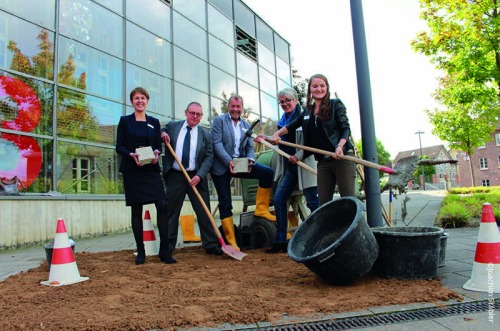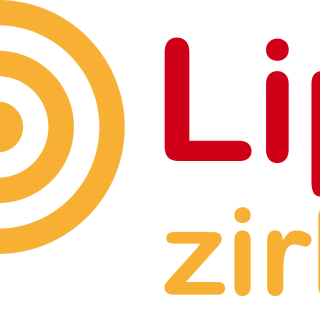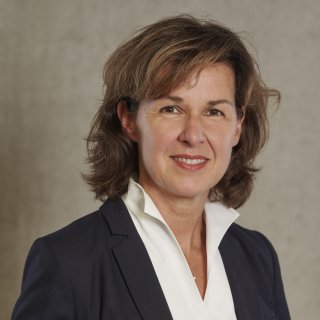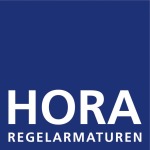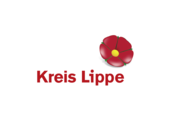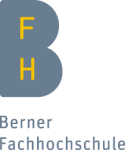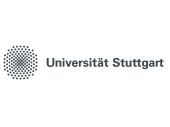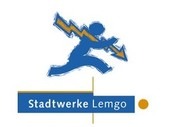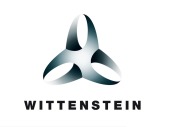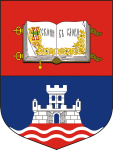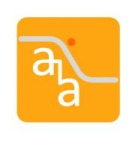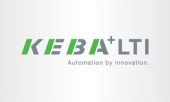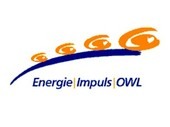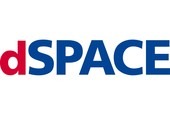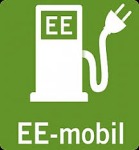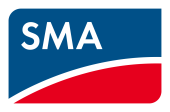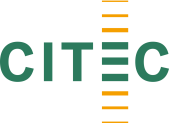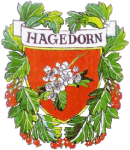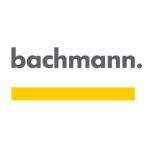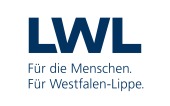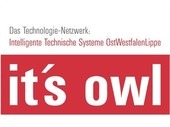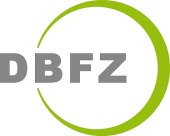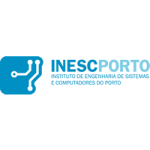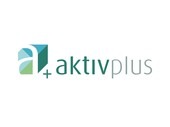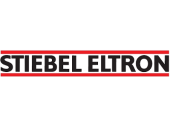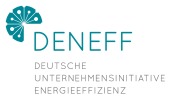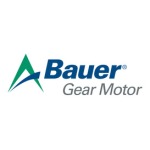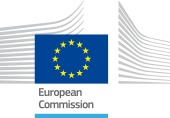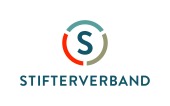THINKING + ECONOMY IN CIRCLES: Circular added value - added value and prospects for companies
Detmold - The circular economy as the basis for future business models? On September 27, 2019, around 165 representatives from business, politics and society at the Technical University of East Westphalia-Lippe discussed the future of (circular) business in East Westphalia-Lippe (OWL). Among others, Prof. Michael Braungart - the father of the Cradle to Cradle concept, zero-waste expert Milena Glimbovski, the permanent representative of the economic policy department at the NRW Ministry of Economic Affairs Reinhold Rünker, SCHÜCO sustainability manager Stefan Rohrmus and PreZero Service Westphalia managing director Jürgen Kaiser.
Product benefits without raw material consumption - a utopia or is it feasible? Rethinking processes and materials in the most endless recycling cycles possible - a circular economy - is the logical consequence of climate change and its consequences. Here, e.g. old, no longer used products are the raw materials for new goods - valuable raw materials are spared. The circular economy is therefore considered a possible approach to efficiently align existing processes and business models for the future.
The circular economy has a permanent place in the Lippe district's 2025 future concept. “Ostwestfalen-Lippe offers great potential for circular value chains. On the one hand, a large number of SMEs are located in OWL, which can usually make flexible investment decisions in favor of new forms of value creation. Furthermore, the industrial structure of OWL’s offers the opportunity to find drivers on site who are interested in process changes due to their branch activity (e.g. secondary raw material processing companies, plastics, paper or metal industry) and changing framework conditions, ”says Dr. Axel Lehmann, District Administrator of the Lippe District. Dr. Ute Röder, Head of Environment / Energy at the Lippe district, adds: "The partners of Lippe circular have set themselves the goal of eliminating the main obstacles in the area of sustainability, e.g. lack of competitive pressure, poor profitability of sustainability management to address, e.g. through joint pilot projects or investments in science and research."
Prof. Jürgen Krahl, President of the OWL University of Applied Sciences and Arts (TH OWL), can only agree with Röder's statement. “Where business, politics and science cooperate, new knowledge is created, which leads to innovations and start-ups. In teaching and research operations, we see every day that technologies and approaches need a creative environment in which solutions can mature. At TH OWL, we are already researching important future issues that are linked to the circular economy, including in the fields of energy, environment, food, materials and digitalization."
"Circular added value is an" enabling "program that combines high quality and" good "work," says Reinhold Rünker, permanent representative of the economic policy department of the Ministry for Economic Affairs, Innovation, Digitalization and Energy of the State of North Rhine-Westphalia. “Efficiency only continues the linear economic development by improving the ratio of input to output in a cost-oriented manner (recycling, reuse). However, the circular economy needs a quality model - that is, better materials, processes and products. It's about reuse, upcycling and rethink. Only in this way will our high-quality industry have a perspective, ”argues Rünker. To ensure investments in innovative processes and business models to ensure resource effectiveness, a product-oriented approach in which raw materials are used and less consumed can be the solution.
This conclusion is in the sense of Prof. Michael Braungart, Professor of Eco-Design at Leuphana University Lüneburg and father of the Cradle to Cradle concept (C2C). Braungart went even further in his lecture and argued that eco-effectiveness can only be achieved if the comprehensive quality and usefulness of products will have higher priority than manufacturing efficiency in the future. "While we are currently only looking at the efficiency of products and processes, the focus should again be on effectiveness," says Braungart.
Practical examples were provided by Stefan Rohrmus, sustainability manager at SCHÜCO International, Jürgen Kaiser, managing director of PreZero Service Westfalen - a member of the Schwarz group, and Milena Glimbovski, founder of "Original unwacked", mindfulness and sustainability expert.
In his presentation, Rohrmus focused on the responsible use of raw materials in the building sector and showed how SCHÜCO has anchored the C2C principles in its sustainability strategy. Kaiser, however, showed that in addition to the usual instruments, such as plastic reduction and recycling, the Schwarz Group will be using redesign in the future. "By avoiding unnecessary packaging components, revising the packaging composition or a new packaging design, we will save several hundred tons of plastic in future without generating disadvantages for the consumer," says Kaiser. In her keynote, Glimbovski made it clear that the "zero waste" concept can be easily integrated into everyday life - "Obstacles usually only exist in the mind," she says. Glimbovski argues that a company can only be as sustainable as the people it employs. "It starts with sensitizing employees, only then can further measures to reduce waste (e.g. loose tea, drinks in reusable glass bottles) follow."
In a roundtable discussion, representatives and users of circular added value discussed with the auditorium how these "new" ideas can be successfully brought into future work processes. An exhibition with BEST PRACTICE examples took place around the event, which provided information on regional, entrepreneurial and research-oriented approaches. For example, the Energy Agency NRW answered questions about financing and business models. Examples from universities, industry and handicrafts showed the potential that circular added value has in terms of cost reduction and growth.
Weitere Eindrücke von der Veranstaltung finden Sie auf der Eventseite:
Contact person:

